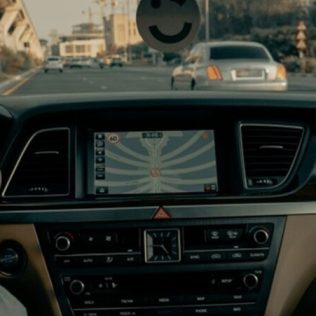Ramadan is a sacred month observed by Muslims worldwide and as the holy month approaches, particularly in the UAE, this period brings unique challenges for drivers due to altered routines, fasting, and the region’s intense heat. Understanding these challenges and adopting specific driving strategies and Ramadan driving tips can significantly enhance road safety during this holy month for you and for others.
How Fasting Affects Your Driving Ability
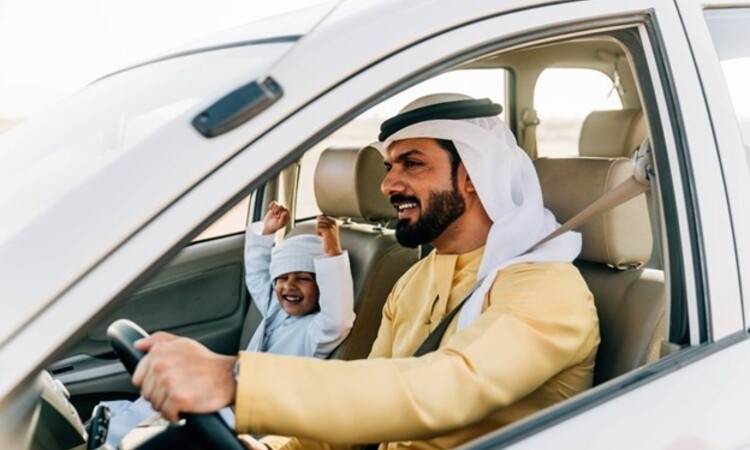
Ramadan fasting involves avoiding meals and liquids during the day, which can cause exhaustion, lightheadedness, and a lack of focus. Fasting and the hot weather in the United Arab Emirates might worsen dehydration, which further impairs cognitive abilities necessary for safe driving.
These elements raise the possibility of accidents by impairing decision-making skills and slowing reaction times. It’s critical to identify these possible limitations and modify driving practices appropriately.
The Role of Sleep and Dehydration During Ramadan
Late-night prayers and early morning meals are common throughout Ramadan, which can cause abnormal sleep habits. Lack of sleep might make you drowsy and less attentive when driving. When combined with fasting-induced dehydration, drivers may become more fatigued and less focused.
Make sure you get enough sleep by napping whenever you can and drinking enough water during the hours when you aren’t fasting to lessen these effects. Maintaining hydration levels throughout the day can be achieved by consuming hydrated foods and beverages during Iftar, the meal to break the fast, and Suhoor, the pre-dawn meal.
Car Rental Options for a Safe and Comfortable Journey
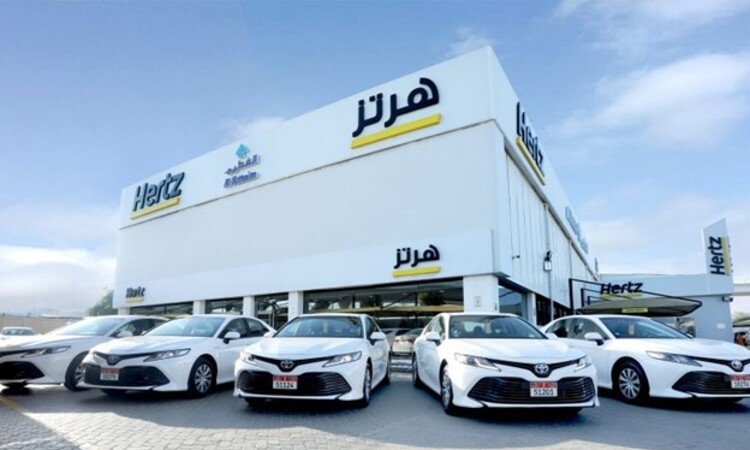
Particularly during Ramadan, renting a clean car may increase comfort and safety. To guarantee a comfortable trip, Hertz UAE provides a variety of cars with up-to-date safety features and effective air conditioning systems. For longer excursions, renting a car in Dubai may be especially advantageous since it offers dependable performance and support services, which can give you peace of mind.
Furthermore, rental vehicles receive routine maintenance, which lowers the possibility of malfunctions while you’re traveling. Why not browse the range of cars for rent at Hertz and offer yourself the peace of mind you need when commuting while fasting or even after Iftar or for Suhoor night trips? There are also flexible monthly rates and offers that you wouldn’t want to miss during the holy month!
Importance of Staying Calm and Avoiding Aggression During Driving
Aggressive driving behaviors like speeding or tailgating can occasionally result from fasting-induced irritation and frustration. It’s critical to maintain composure and patience when driving.
Accidents can be avoided, and a safer driving environment can be promoted for all by using defensive driving techniques, keeping a safe following distance, and showing consideration for other drivers. Don’t forget that getting to your destination safely is more essential than getting there swiftly.
Managing Traffic Congestion During Ramadan
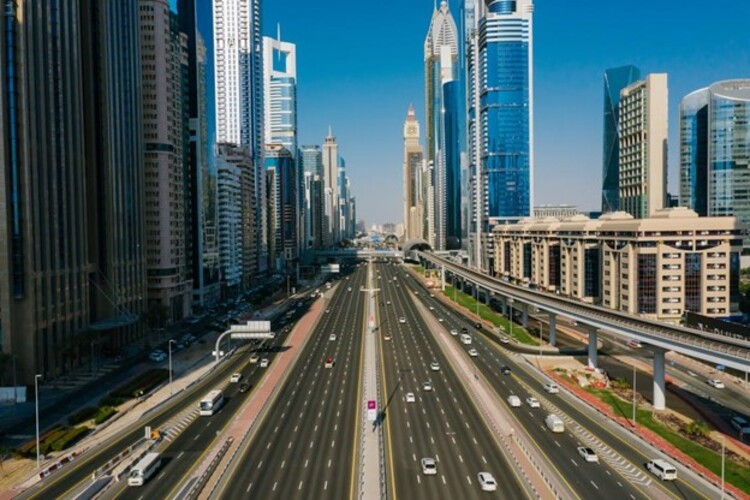
Ramadan brings about a shift in traffic patterns in the United Arab Emirates, particularly in the hours before Iftar when people are rushing to break their fast. Use navigation applications that offer real-time traffic information and other routes when navigating through congested streets.
Additionally, you may save time and lessen stress by planning your trip to avoid notorious congestion areas. You can also arrive at your location without the stress of approaching Iftar time if you go earlier than normal.
Planning Your Trips and Avoiding Peak Hours
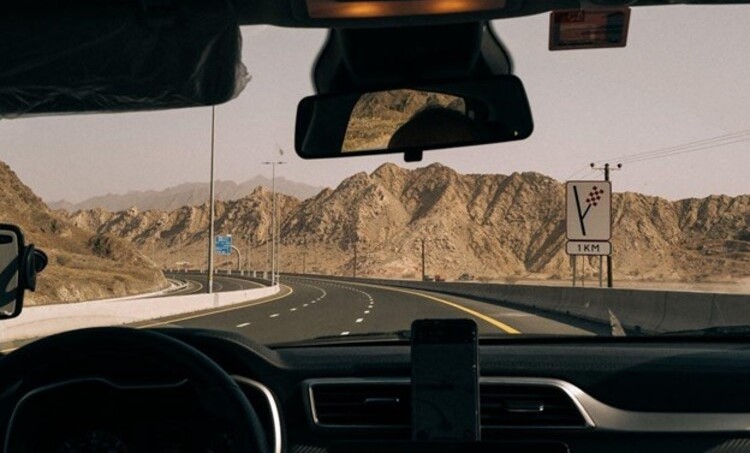
Effective trip planning is vital during Ramadan. Identify peak traffic times and plan your travel to avoid these periods. Allow extra time for potential delays due to increased traffic or unexpected road conditions. Being proactive in your planning can reduce stress and help you maintain focus while driving. If possible, schedule important tasks and appointments outside of peak hours to minimize time spent on the road during the busiest times.
Importance of Regular Breaks and Avoiding Long Stretches
Avoid long, continuous driving periods, especially during fasting hours. Regular breaks help you stay attentive by allowing you to relax, stretch, and recharge. Plan rest stops or light snacks for Iftar if you’re traveling a long distance.
By taking these pauses, you may avoid getting tired and maintain your focus while driving. Keep in mind that arriving a little later is preferable to jeopardizing safety because of fatigue.
Navigating the Salik System During Ramadan

In order to adapt to shifting travel trends, Dubai’s Salik toll system has announced price increases for the month of Ramadan. Peak hours are from 9 AM to 5 PM throughout the holy month, and each crossing has a toll of AED 6. With a toll of AED 4 per crossing, off-peak hours are from 7 AM to 9 AM and 5 PM to 2 AM.
No toll charges apply between 2 AM and 7 AM. Planning your routes with these timings in mind can help you avoid additional toll costs and manage your travel time more efficiently.
Staying Cool: Why the AC Matters During Ramadan Drives
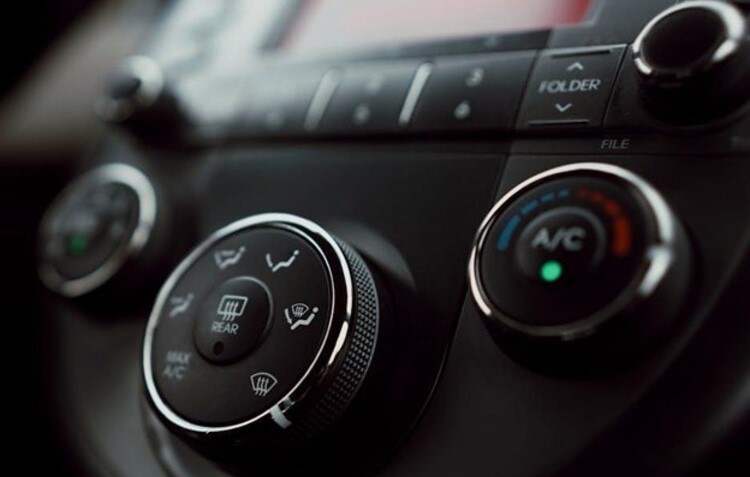
Rapid dehydration can result from the intense heat of the United Arab Emirates, particularly during fasting. Maintaining a healthy temperature with your car’s air conditioner helps you avoid dehydration and overheating.
Additionally, a chilly atmosphere helps enhance focus and lessen weariness, which makes driving safer. Before taking lengthy trips, make sure the air conditioning system in your car is properly maintained and operating. For those without access to a reliable vehicle, opting for a rental car in Dubai ensures you get a well-maintained, air-conditioned car that enhances comfort and safety during Ramadan.
Monitoring Traffic and Weather Conditions
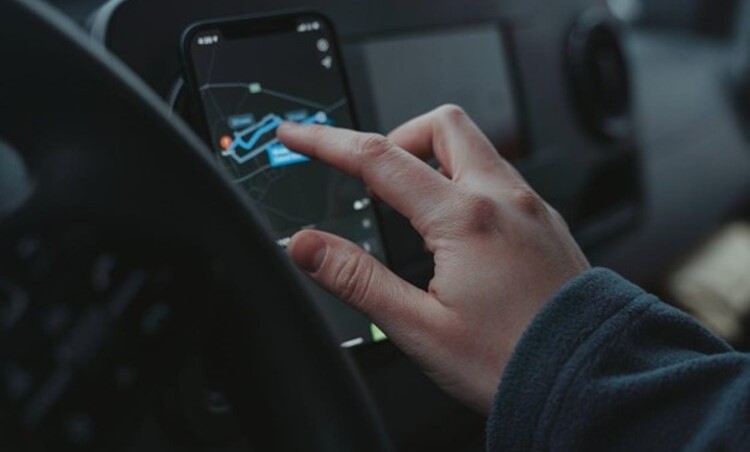
Staying informed about real-time traffic and weather conditions is crucial. Use reliable apps or radio updates to receive the latest information. This information enables you to choose the safest routes, modify your driving speed in response to road conditions, and make well-informed judgments regarding departure timings.
Understanding your surroundings enables you to foresee possible risks and make appropriate plans.
Driving during Ramadan in the UAE requires heightened awareness and proactive planning. Prioritize adequate rest, maintain hydration during non-fasting hours, and manage stress to stay calm on the road. Plan your routes considering traffic patterns and Salik toll timings, and take regular breaks to prevent fatigue.
By adopting these practices and driving tips during Ramadan, you can ensure a safer and more comfortable driving experience during the holy month of Ramadan. Remember, the journey is as important as the destination—drive safely and responsibly.
